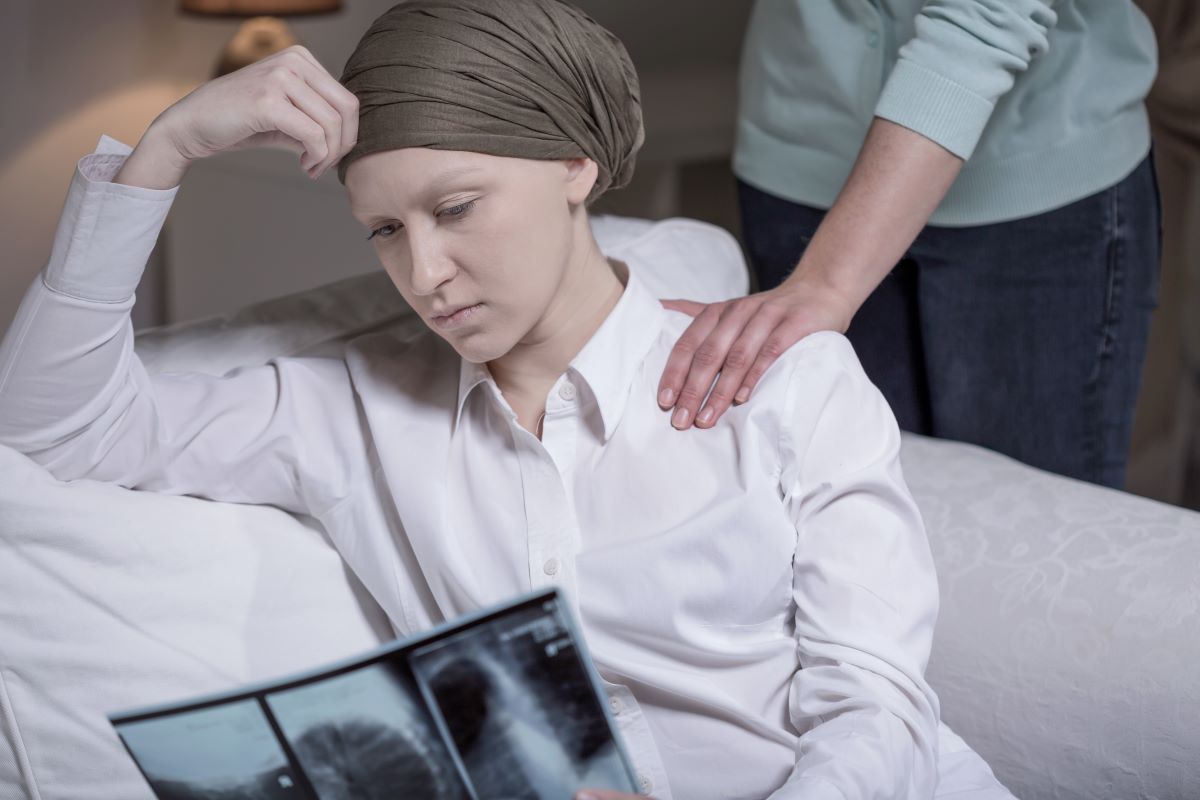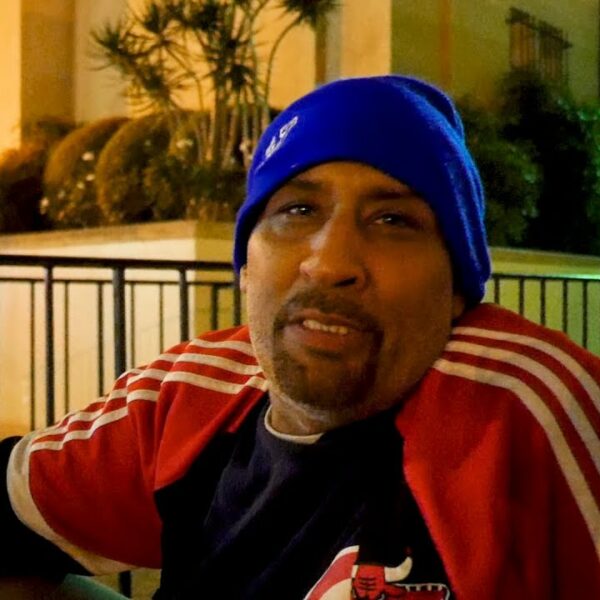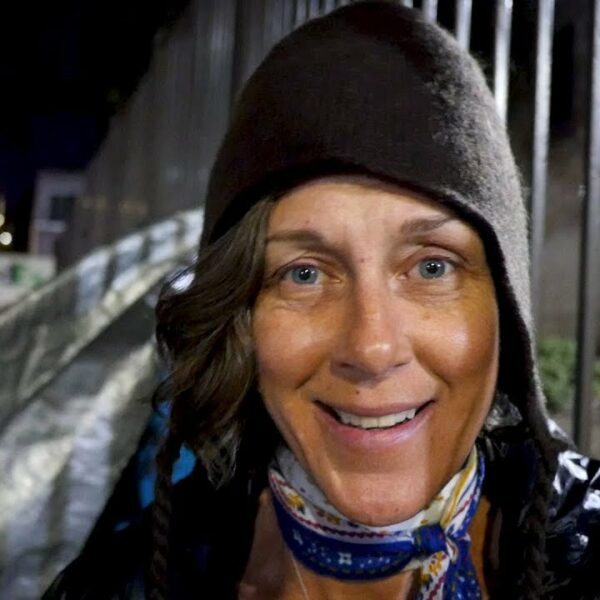Cancer Patients Are More Vulnerable to Homelessness. The Vicious Cycle Continues.
Many of the homelessness components are cyclical, which is one reason the crisis is so difficult to solve. It is a bit like walking in along a trail and then realizing the path you’re following is only leading you out of the woods to take you back into the forest on another side.
Here are some examples of the spinning wheels that make the state of homelessness so fickle:
- Becoming incarcerated makes an individual more vulnerable to homelessness. Becoming homeless makes an individual more vulnerable to incarceration.
- Poverty drastically increases the likelihood of homelessness. Homelessness drastically increases the likelihood of becoming impoverished.
- Suffering from a mental health issue makes an individual more at risk for homelessness. Experiencing homelessness increases the likelihood of incurring a mental health issue like PTSD or depression.
This cyclical pattern also pertains to cancer. It is a story I know all too well. Just over a year ago, mere weeks before the COVID crisis touched down in the United States, and mere days after giving birth to my second biological child, I was diagnosed with invasive ductal carcinoma.
Breast Cancer Runs in My Family, so I Thought I Knew Exactly What to Expect When I Received My Diagnosis. I Was Wrong.
My husband and I are driven by foresight. We pride ourselves on always remaining a step or two ahead. But after my diagnosis, bills piled up faster than expected – a copay here, a prescription there, a week or two of employment absence while I recover from multiple surgeries, the list goes on and on.
The timing of my diagnosis was equally debilitating, given the fact that I had a newborn and every childcare provider on the planet was closed. We were blessed to have one another. There was also a virtual outpouring of support, some of which was financial, being sent to us from various organizations that sympathized with our plight. Yet even with sizable savings, frugal spending, and generous donations, we still fell behind on our rent … 11 days behind, to be precise, at which point our landlord promptly sent an eviction letter.
We caught back up immediately, which was nothing short of a miracle. But it made me wonder about the fate of others. If getting cancer put me at an increased risk of homelessness within the first year of my diagnosis, how many others have fallen into this same trap? Does having cancer make someone more likely to wind up in an unsheltered situation?
We are often taught that homelessness is one of two things: a personal choice or a personality flaw. But that couldn’t be further from the truth.
Homelessness can happen to anyone, but it is much more likely to happen to cancer patients.
This is a side effect nobody was expecting. Even people who know that 85% of all homeless people suffer from a chronic illness still assume the chronic illness is related to drug addiction or mental health. In reality, all sorts of illnesses, including cancer, open a wide and revolving door into unhoused territory. This is particularly true of breast cancer. Approximately 20%-30% of patients struggling with this disease wind up losing their jobs.
Below is a chronological timeline of events that turn cancer into homelessness:
- A person is diagnosed with cancer and forced to take time off from work to undergo the gambit of treatments, ranging from amputation to radiation to having dose-dense poisons pumped into their veins.
- They eventually run out of sick time and/or vacation time. This is when bills begin to lapse.
- Finally, after taking too long of an absence at work, they find themselves unemployed. Meanwhile, bills are already in arrears.
- At this point, they lose their house or rental unit and must endure the horrors of cancer and homelessness simultaneously.
To Add Insult to Injury, Being Homeless Puts People at an Increased Risk of Acquiring and Dying from Cancer
Cancer patients who find themselves abruptly unhoused are likely to lose their insurance, access to their treatments and medications, and, in some cases, their lives. This is just one side of a multi-pronged problem. The other side involves individuals who are without a safe place to call home.
Studies show that members of the homeless population in America exhibit disproportionately higher risks for getting cancer due to pollution and exposure to a myriad of carcinogens. They are also much more likely to be diagnosed during later stages of the disease. This leads to an increase in cancer mortality rates when compared with individuals who are currently housed.
Cancer + COVID + Homelessness = A Compound Crisis
A recent analysis of COVID-19 death rates estimates that cancer patients are 3x more likely to die from COVID. Having cancer puts individuals at a significantly higher risk for homelessness. Being homeless elevates the risk of contracting COVID-19.
It’s Time to Change the Way We Think
The COVID-19 pandemic propelled the idea that housing is healthcare to the forefront of many American minds. Never before have homeless people been so seen, so much less invisible. But we must now take this one step further by seeing them for who they really are. And yes, many of them are cancer patients who lost their jobs, health, and savings in one fell swoop.
Talk to your representatives about what they’re doing to address chronic illness and its ties to homelessness and abject poverty.













